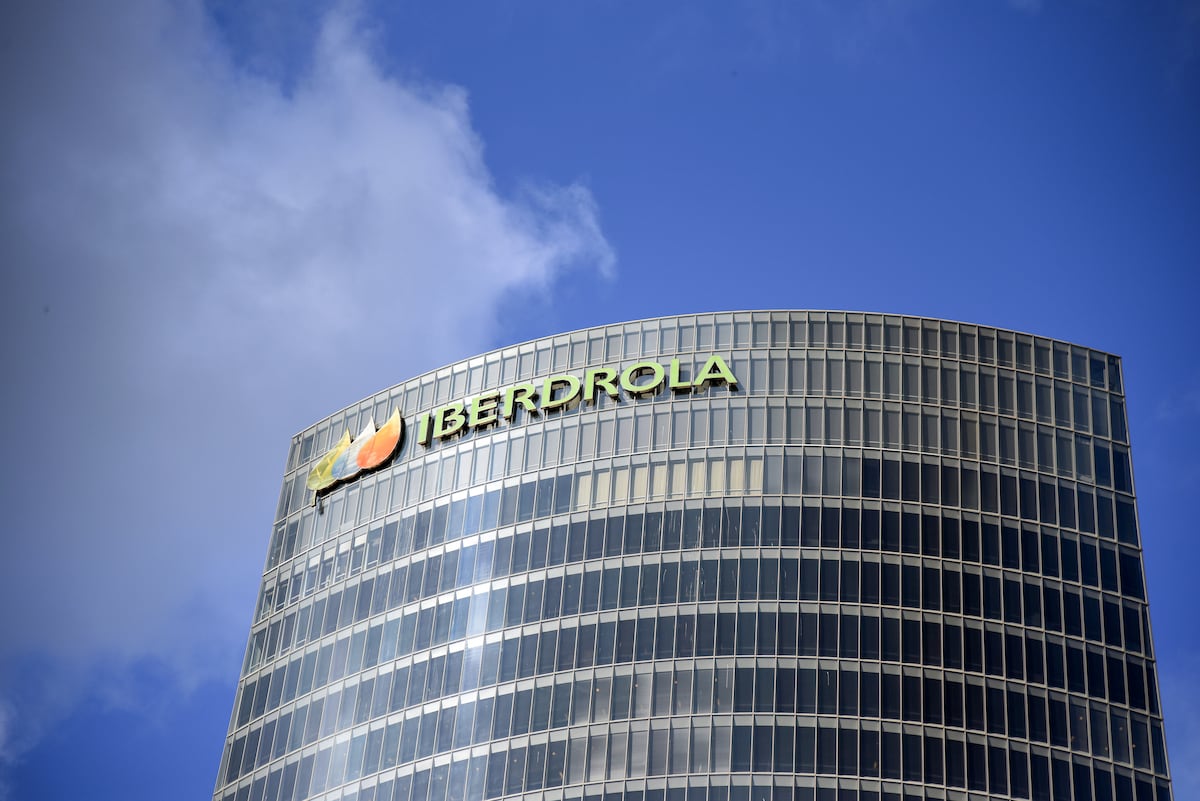Pennsylvania’s Historic Preservation Tax Credit Program has been a crucial tool in preserving the state’s history and boosting the economy. However, the current cap of $5 million is insufficient to meet the funding needs, as demand for the tax credit exceeds available funds. This has resulted in only 22 projects being awarded credits during the 2022-23 fiscal year, despite 31 projects requesting $12.7 million in tax credits.
Recognizing this issue, Rep. Jim Prokopiak, D-Bucks, sponsored House Bill 2358 to increase the annual limit of the credit from $5 million to $20 million starting in 2025. Prokopiak emphasized that by preserving more of Pennsylvania’s architecture and history, the state can generate more jobs and attract greater economic investment. The bill will now move to the state Senate for further consideration.
The Historic Preservation Tax Credit Program not only helps restore and maintain historical structures but also contributes to the economy by converting these structures into income-generating properties. Every $1 million invested in historic rehabilitation projects creates 6.4 direct jobs and 5.6 indirect jobs in Pennsylvania, outperforming other industries. Prokopiak highlighted that Pennsylvania has one of the lowest caps among states with similar tax credit programs, which makes it difficult for deserving projects to receive funding.
If passed, House Bill 2358 will allow more projects to receive funding and contribute positively to both preservation efforts and economic development in Pennsylvania.
Overall, increasing the cap on Pennsylvania’s Historic Preservation Tax Credit Program is essential for promoting economic development through historic preservation in the state. With House Bill 2358 passing through its first stage of consideration, it marks a step towards generating more jobs and attracting greater economic investment while preserving our state’s rich history and cultural heritage for future generations to enjoy.
In conclusion, if passed into law, House Bill 2358 will significantly benefit Pennsylvania’s economy by providing more resources for historic preservation projects that create new job opportunities while also contributing to our state’s cultural heritage conservation efforts.



